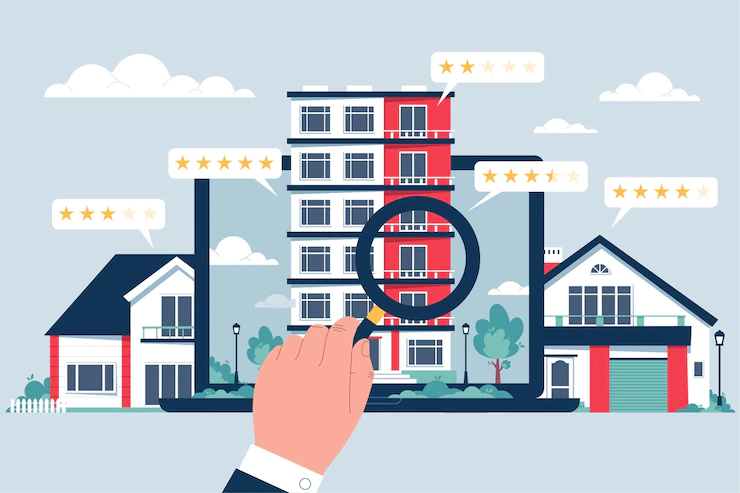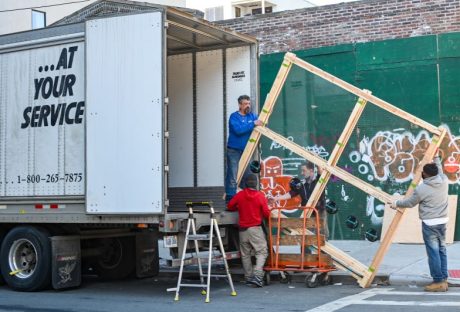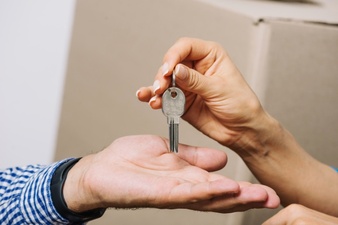When looking at how much passive income some rental property owners are able to generate on a monthly basis, it’s only natural that you’d want a piece of the pie.
However, while rental property ownership can be extremely lucrative, it can also prove highly stressful and financially draining if gone about in the wrong manner.
As such, many inexperienced first-time investors wind up making a plethora of ill-advised blunders when seeking out their first rental properties.
List Of Prime Blunders One May Make While Purchasing First Rental Property
1. Purchasing Properties You Haven’t Seen
Frankly, it should come as no surprise that purchasing a rental property sight unseen is a bad idea for a multitude of reasons.
Sure, the seller can send you photos, but in the absence of an actual walkthrough – or, at the very least, a virtual walkthrough – you really don’t have any idea what you’re getting.
So, no matter how amazing a deal the seller presents you with, you’d do well to avoid investing in a rental property you or a trusted proxy haven’t had the opportunity to personally tour.
2. Purchasing Properties That Haven’t Undergone a Proper Inspection

In addition to avoiding properties that you haven’t seen in person, you should abstain from purchasing any property until a proper inspection has been conducted by a building inspector or home inspector.
Even if all appears to be well, certain issues can escape the gaze of nonprofessionals. Additionally, depending on the scope of these issues, you may find yourself regretting a seemingly solid purchase.
Seasoned inspectors are able to pinpoint and diagnose a sizable assortment of issues, including structural damage, electrical concerns, and plumbing problems.
A thorough inspection will help ensure that you have all the information you need to make an educated, informed decision. As an added bonus, the results of an inspection can put you in a good bargaining position. If an inspection unearths issues that both you and the seller were unaware of, you may be able to request a reduction in price.
3. Purchasing Fixer-Uppers
To be clear, many of the rental properties you look at are going to require small to moderate repairs and/or renovations. In fact, in many cases, sellers will be willing to deduct the cost of repairs/renovations from the final price. However, there’s a stark difference between a property that requires a normal amount of work and a fixer-upper.
Of course, this isn’t to say that a fixer-upper can’t be a worthwhile investment. Depending on the area in which it’s located, a fixer-upper may ultimately make you quite a bit of money. Still, experienced property owners often recommend that first-time investors abstain from purchasing fixer-uppers – and for good reason.
If your experience with repairs, renovations, contractors or budgeting is lacking, choosing a fixer-upper as your first rental property is practically guaranteed to be a disaster. The whole experience is very likely to cost you more than it stands to make you, deplete your finances and cause you immense frustration.
Once you have more property investment experience under your belt, acquiring a fixer-upper is liable to prove considerably less stressful. However, in the interest of helping your freshman foray into property ownership go as smoothly as possible, don’t even consider making one your first purchase.
4. Failing to Consult Experts

All fledgling rental property owners stand to benefit from the guidance of seasoned investors. So, if you have any friends, family members, coworkers, or acquaintances who have experience owning and/or operating rental properties, take care to seek their advice throughout the course of your first property acquisition.
Additionally, both first-timers and seasoned investors can profit handsomely from doing business with a good real estate investment company.
Rental property ownership is arguably the ultimate method of generating passive income. Making a small fortune from various investments on a monthly basis is a prospect that’s simply too good for many aspiring landlords to pass up. Still, approaching rental property owners in the wrong manner can prove ruinous to both your mental health and finances.
That being the case, if you’re currently shopping around for your first property, there are a number of mistakes you should actively work to avoid. By steering clear of the blunders discussed above, you can set the stage for long-term success in the rental property game.
Read Also:






















